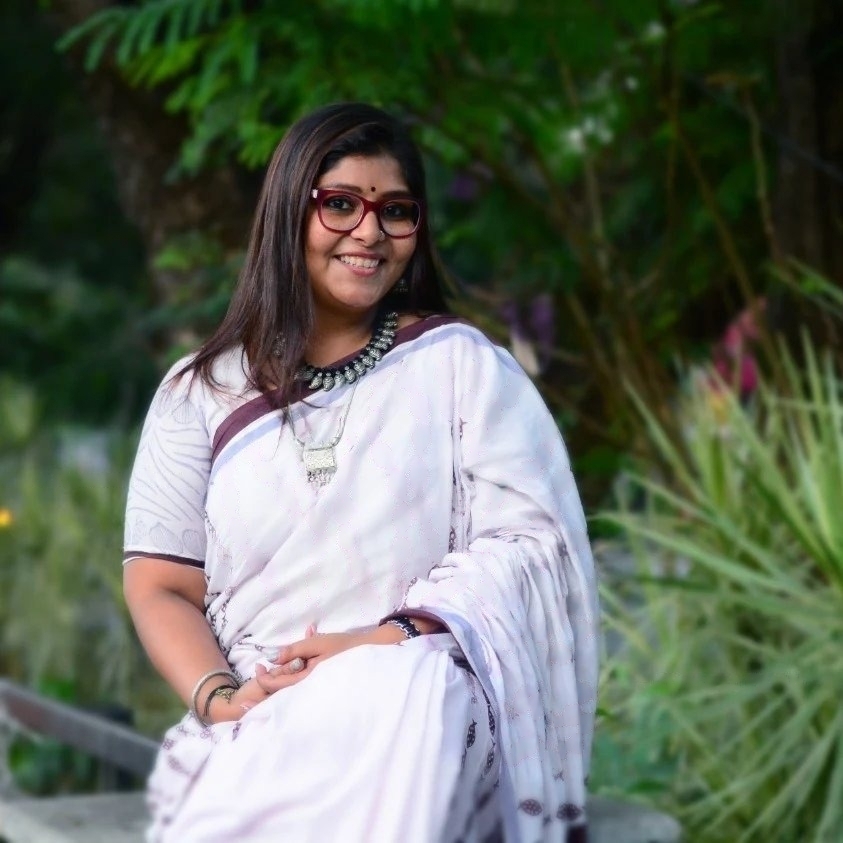By Steve Antao
Danuska Da Gama is a name that you must have certainly come across, at least while reading any of the newspapers in Goa. A native of the quaint village of Saligao in North Goa, Danuska is a journalist by profession. She is currently in-charge of the Features Desk at The Navhind Times. She has also been serving as an assistant professor in a number of colleges in Goa, teaching subjects like journalism and a few other minor subjects like critical thinking, emotional intelligence, film appreciation etc. Apart from all of this, she also dabbles in sports. She is the State Treasurer of the Goa Amateur Boxing Association. She also serves as the joint secretary of the Boxing Federation of India. And just a few weeks ago, she cleared an exam and became an International Technical Official (ITO) of the International Boxing Association, becoming the first Indian woman to do so.
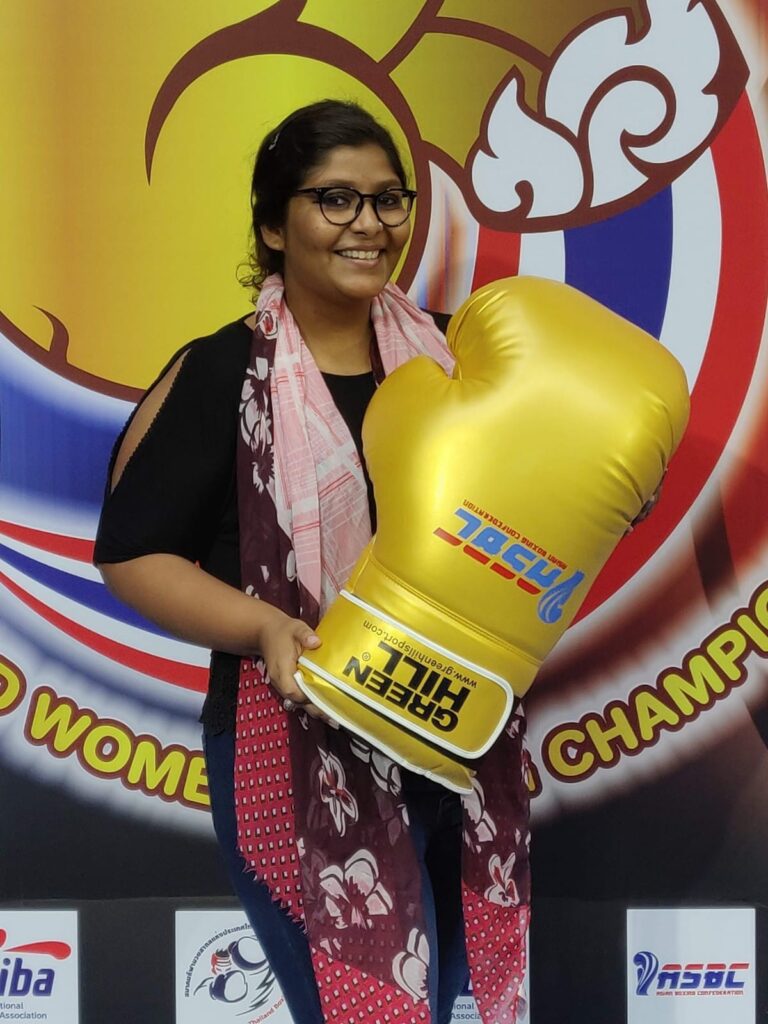
In a brief tete-a-tete with ItsGoa, Danuska shared insights into her life, her career as a journalist, her journey in the world of boxing, her feelings after becoming the first Indian female ITO and lots more…
Excerpts
What was your childhood ambition?
As a child, I had varying ambitions, right from becoming a lawyer to a teacher to a chef. So, I had many ambitions, but one major ambition that I had, and still have till today, is to travel to different countries around the world.
How did your interest in journalism develop, and what inspired you to pursue it as a career?
My fascination with journalism began during the time when I was schooling. Every morning, when I used to wake up to go to school, there would be NDTV on in the drawing room and that’s when I took a liking for Barkha Dutt’s strong command over English and her style of presenting the news. However, I somehow got deviated into pursuing a degree in Business Administration when I began college.
Luckily, I landed a part-time job at Prudent Media, which was a new news channel at that time and is one of the leading news channels in Goa. And since then, I realized that probably my calling lies in journalism. I like telling stories, I like writing stories and I like staying updated with what’s happening daily. So that’s how journalism happened.
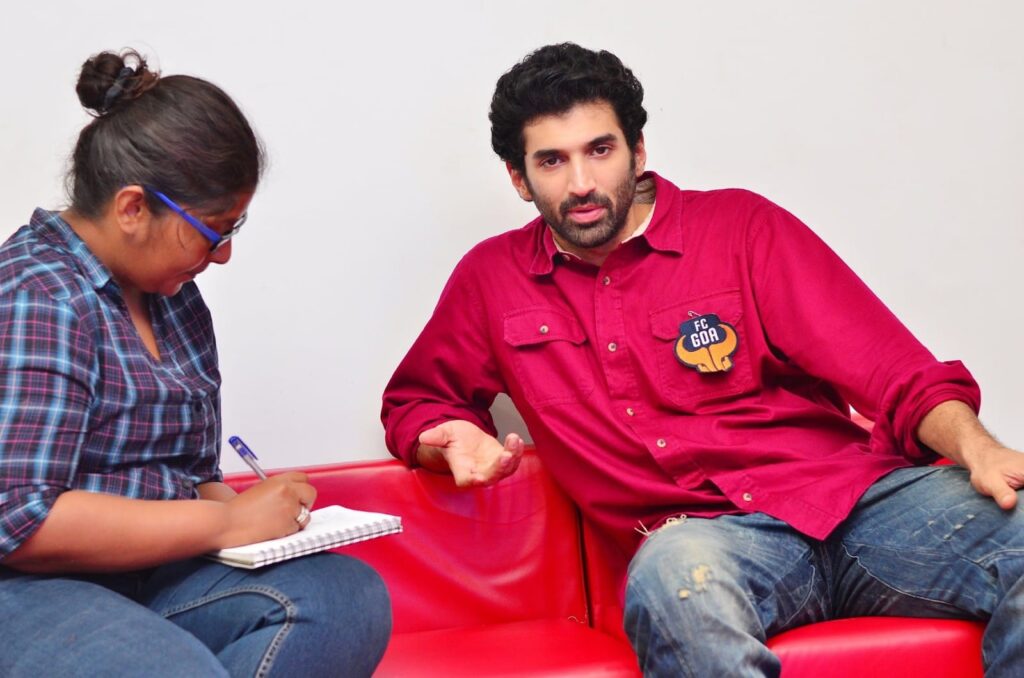
Give us a brief picture of your professional career after you completed your higher studies.
I graduated in Business Administration from S.S Caculo College of Commerce and Management Studies. Post that, since I was working as a part-time news anchor and as a producer of feature stories at Prudent Media, I went to Delhi to pursue my diploma in Broadcast Journalism with NDTV. I did a short stint there on the sports desk. After that, I completed my Master’s degree in International Journalism from the University of Central Lancashire in the United Kingdom.
But then, I always wanted to come back and work in my own country. So I came back to Goa in 2011 and started teaching journalism in various colleges. I got into full-time teaching but then felt that I should get into the media industry once again. So I got into TV with HCN and then I moved to The Navhind Times, which is currently the newspaper that I’ve been working with for the past nine years.
What kind of stories do you enjoy covering the most, and why?
There are different kinds of stories that I enjoy doing. I like to work under pressure, especially while covering events like the IFFI film festival and assembly elections, but my heart lies in covering stories that involve women’s issues, mental health, social issues, and gender-related stories. I also enjoy writing about food, and of late, I’m also writing a lot of folklore connected with history and culture. So there are a lot of things that I like to write about and I can’t really pick one and say that I like to do only these kinds of stories.
Can you share a particularly memorable or impactful story that you worked on during your career as a journalist?
There have been many stories that I have worked on, but I think that one story which is particularly memorable for me was the story that I was doing way back in 2014 on drug consumption and how Goa is a haven for drugs. After I started digging into the story, the story’s angle changed completely and it became less about the drug mafia in Goa and more about how Goans are into the drug trade. And when I’m talking about the drug trade, it’s not just peddling drugs, but also drug consumption among Goans and how everybody is part of the whole drug scenario here in Goa. While working on that story, many people came forward to talk about how they’ve been consuming drugs, right from students to parents who would allow their children to sell drugs to get money to spend on their daily expenses. So, that was one revealing story that I really liked doing.
Besides that, I also enjoyed reporting on transgenders and how they battled the COVID crisis. Every day is a battle for the LGBTQ+ community, but the COVID period, just like it was tough on every one of us, was really very tough on them. That was another story that I enjoyed working on.
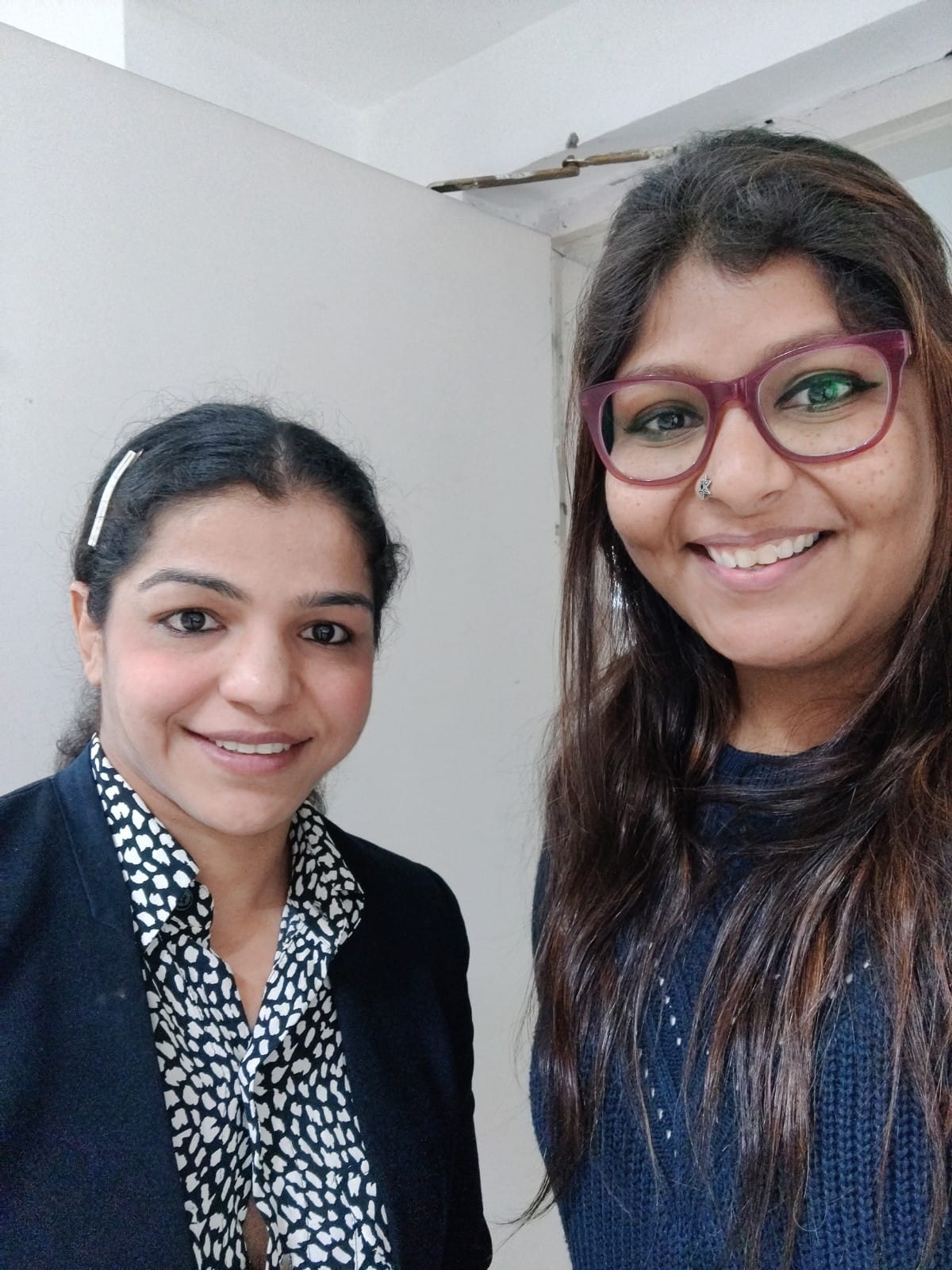
What do you think are the biggest challenges that journalism faces today?
Journalism faces a lot of crises today. One major issue plaguing journalism today is that we have too many media outlets, and because of that, we see mediocrity affecting news flow to a large extent. Also, I think that due to COVID, a lot of people have stopped buying newspapers, due to which the sales of newspapers have dropped. This has affected news coverage because it cut down on jobs. There has been a lot of retrenchment in media houses. A lot of journalists have lost their jobs.
Another major issue, I think, in the field of journalism is that most journalists are underpaid. We are undervalued, and to some extent, I think that the salary packages of journalists, whether it is at the local level or national level, needs to be increased. Journalists need to be valued more for the work that they do. And you just can’t call somebody a reporter or a video editor. There’s a lot of skill and a lot of creativity which is required.
Also, there are a lot of risks involved in this particular field. So there are a lot of challenges besides the coming in of technology that has also created a major issue for journalism because digital media and social media have taken the front seat and newspapers the backseat.
Tell us about your life in the field of boxing.
Boxing came to me naturally as well as not very naturally because I was put into the sport to lose weight. Boxing came naturally to me because of my father Mr. Lenny Da Gama, who was a boxing champion. There was boxing in the house when I was small and we were surrounded by boxers and boxing gloves all the time. But I think somewhere, the interest just set in.
Although I was not a great boxer inside the ring, I went on to become a referee judge. I pursued my studies. At that time, sport was not such a big thing, and women in sports were very rare and in boxing, a complete no-no. But after becoming a referee judge, I dabbled with my professional work and after coming back from the UK, I got into it full-time again. And that’s how I’ve been associated with boxing. And it just kept going one step further for me each time.
I have attended several boxing tournaments including the National Championships, National Games, and Khelo India tournaments. I am a National Technical Official (NTO) in India and now, since there was this International Technical Official exam, I answered the exam and successfully cleared it, becoming the only female in India to have done so. But besides that, I think I am more focused on the grassroots development of boxing in Goa. And that’s where my heart lies – in creating national champions, setting up a boxing foundation, and a residential boxing academy, which has been my father’s dream.
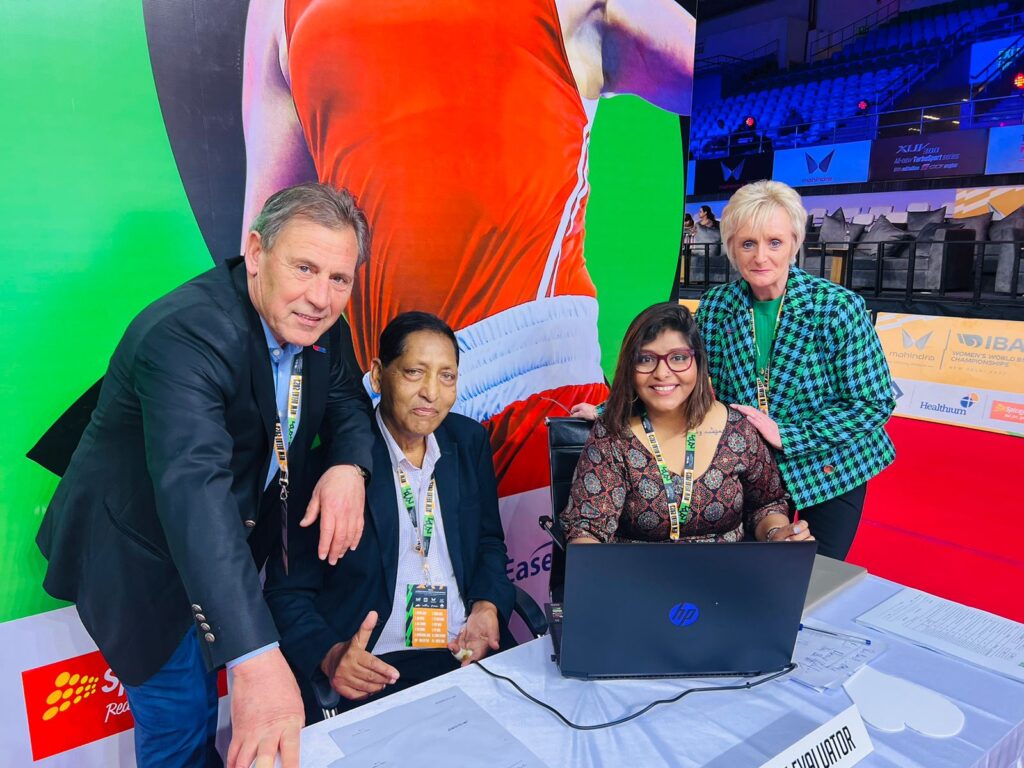
How does it feel like to become the first Indian female International Technical Official (ITO) of the International Boxing Association?
Clearing the exam was a huge responsibility and a huge sigh of relief for me. But to be the first Indian female to achieve this feat makes me feel immensely proud. I feel happy, honoured, and privileged, and I just hope that I can do my duty well and make my country proud. I hope I’ve made everybody proud – Goans, my family and everybody in the boxing fraternity who know me and who have supported me in whatever I’ve done all these years.
Lastly, what piece of advice would you like to share with all Goan women out there?
So, I don’t think you need to be a boxer to be a strong woman. You just need to have a strong mind. I have realized the importance of being mentally fit. If you’re mentally fit, you can be physically fit. And the best thing about women is that we can multitask; we can do so many things at one time that men can’t do. So, I think we have so much power within us; we have the advantage and we have so much happening in the world that is being done by women.
However, I don’t think we need any special preferences. I think that we just need to get equal opportunities and women should never think that they are less deserving than men. I would also like to say that, no matter what you are, what you do or how much you’ve achieved, always dream high because you should not be happy with where you are. Never settle for less. Just try to raise the bar and challenge yourself and set a benchmark for yourself and try to achieve that benchmark and then set another benchmark. Just be greedy to achieve happiness and success.

